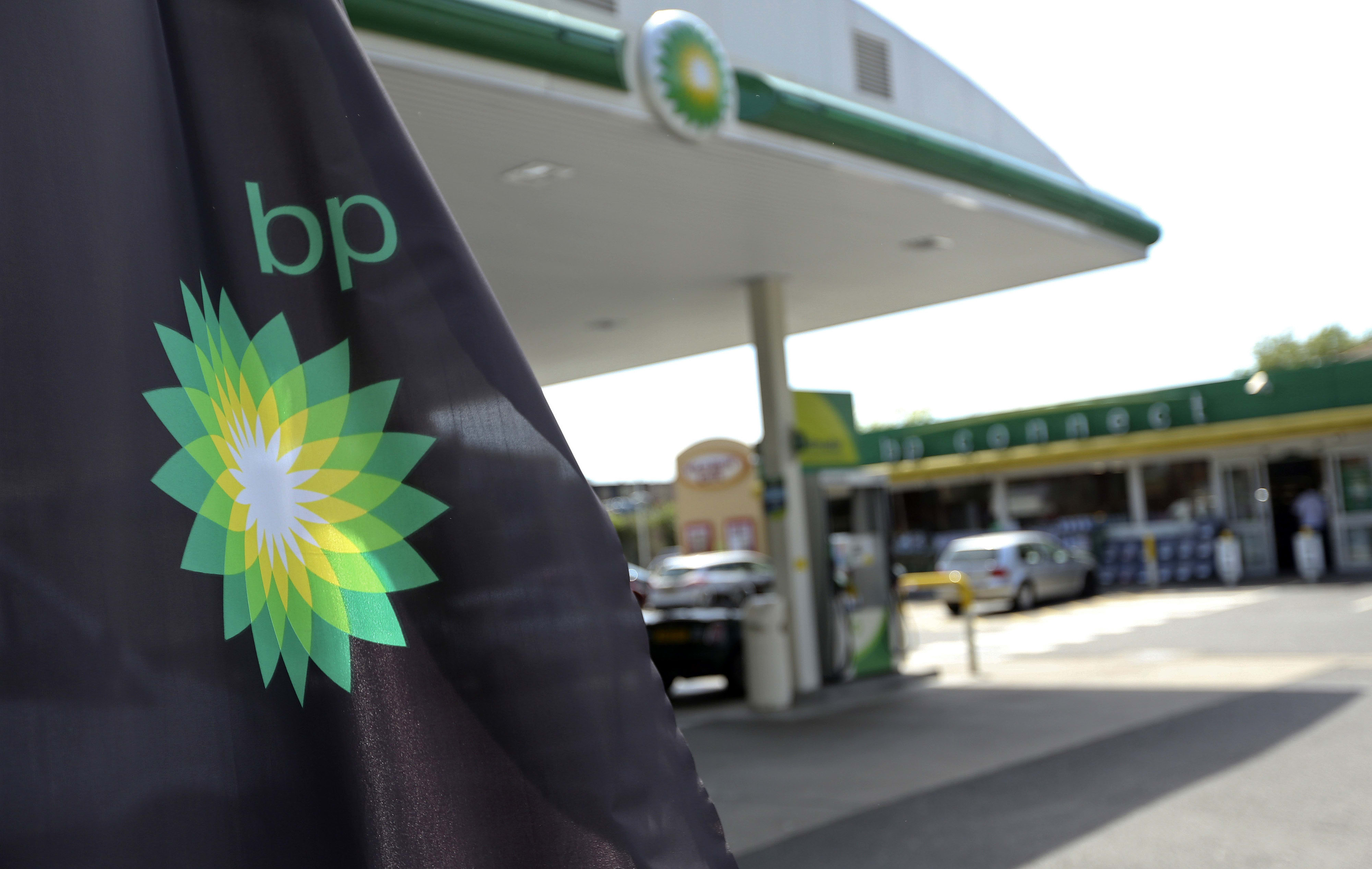
A BP company logo at a gas station in London, U.K.
Chris Ratcliffe | Bloomberg | Getty Images
Energy giant BP reported better-than-expected full-year net profit on Tuesday, outperforming analyst expectations despite lower oil and gas prices.
The U.K.-based oil and gas company posted full-year underlying replacement cost profit, used as a proxy for net profit, of $10 billion in 2019. That compared with $12.7 billion full-year net profit in 2018, reflecting a year-on-year fall of 21%.
Analysts had expected full-year net profit to come in at $9.7 billion in 2019, according to data from Refinitiv.
“BP is performing well, with safe and reliable operations, continued strategic progress and strong cash delivery,” Bob Dudley, CEO of BP, said in a statement.
“After almost ten years, this is now my last quarter as CEO. In that time, we have achieved a huge amount together and I am proud to be handing over a safer and stronger BP to Bernard and his team.”
“I am confident that under their leadership, BP will continue to successfully navigate the rapidly-changing energy landscape,” Dudley said.
Bernard Looney, who has run BP’s upstream business since April 2016 and has been a member of the firm’s executive management team since November 2010, is now set to take the reins from the outgoing chief executive.
In October, Dudley announced he would step down as CEO on Feb. 4., having held the position for almost a decade. The 64-year-old plans to retire on March 31, thus bringing an end to his 40-year career with BP.
Here are the key highlights:
- Underlying replacement cost profit for the fourth quarter and full-year 2019 was $2.6 billion and $10.0 billion respectively, compared to $3.5 billion and $12.7 billion for the same periods a year earlier.
- Gulf of Mexico oil spill payments for the year totaled $2.4 billion on a post-tax basis, and are expected to be less than $1 billion in 2020.
- A dividend of 10.5 cents per share was announced for the quarter, an increase of 2.4% on a year earlier.
The energy giant’s full-year results follow disappointing earnings from oil and gas companies on both sides of the Atlantic.
Anglo-Dutch energy giant Royal Dutch Shell reported a sharp fall in full-year net profit late last week, while U.S. rivals Chevron and Exxon Mobil both missed analyst expectations on Friday.
France’s Total is scheduled to report its latest quarterly earnings on Feb. 6.
All roads lead to OPEC decision
International benchmark Brent crude traded at $54.88 Tuesday morning, up more than 0.8%, while U.S. West Texas Intermediate (WTI) stood at $50.63, around 1% higher.
Both crude benchmarks have each fallen around 20% since climbing to a peak in early January, dragged lower by concern over demand in China after the coronavirus outbreak.
Brian Gilvary, chief financial officer at BP, told CNBC’s “Squawk Box Europe” on Tuesday that the coronavirus outbreak could wipe out as much as 300,000 to 500,000 barrels per day (bpd) of oil demand in 2020.
The International Energy Agency (IEA) has previously said it expects oil demand to grow by 1.2 million bpd this year, so a reduction of up to 500,000 bpd would leave demand growth “healthy” at 700,000 to 800,000 bpd, Gilvary said.
“I think, in terms of price direction, all roads will then lead to what OPEC will do in terms of trying to rebalance the system to get back to something around $60 to $65 a barrel,” he added.
OPEC and its allies are considering cutting their oil output by a further 500,000 bpd this year, two OPEC sources and a third industry source familiar with discussions told Reuters on Monday.
A ministerial meeting currently scheduled for early March could be brought forward to mid-February, one of the OPEC sources said, with February 14-15 touted as possible dates.

